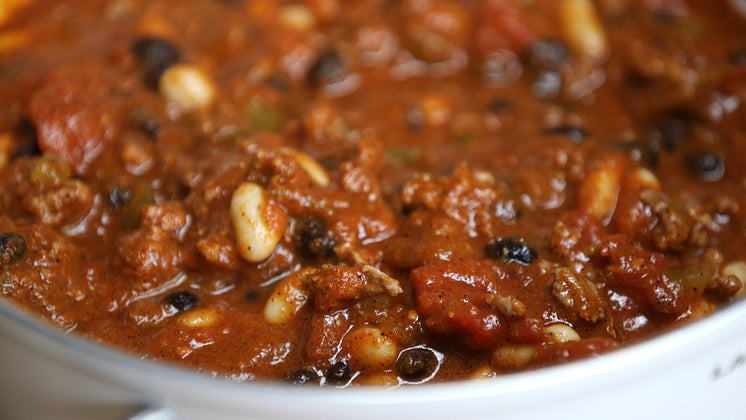
Getting politicians to put food on their shortlist for funding has long been a bigger problem for food security advocates than winning support for an actual program, which invariably comes in with great results for minimal costs. The concept of human security may offer a shortcut to that funding shortlist. McDonald’s book may just offer the framing to overcome political indifference, because when seen as central to human security, food security cannot be dismissed.
Promoting human security through food programs, it turns out, is not a cost to governments, but another string on the bow of food’s abundant multi-functionality. In McDonald’s assessment, food issues are now pivotal to the heavy duty issues of global politics. Food has gone from being “a discrete issue of international concern to one fully integrated into the core global governance agenda,” he argues. What is human security and how does it boost recognition and appreciation of food security,
] terrorism, criminal drug rings, drought, famine, mass migrations, not to mention globe-trotting corporations beholden to no nation — have all needed to be managed in this new way; they are human security, as above national security, issues. As far back as the 1940s, US president Franklin Roosevelt clearly saw food and hunger problems as trans-national issues that could impel countries, and then entire regions, to take desperate measures such as dictatorship, aggression and war. Roosevelt also saw the desire to end hunger as a symbol of the yearning of the world’s people for a better life.
After the war, FDR also supported the Food and Agriculture Organization and UN declaration of rights, which included a reference to food as part of livelihood security, because he saw food as a tool and precondition of peace. Once food is understood as a vehicle for global stability and peace, hunger is no longer an isolated problem concerning one group of people. In the past, hunger had been positioned as a problem of concern for people on low income.
The term developed during the 1990s by the US Department of Agriculture, “household food security,” expresses that mentality — as if food insecurity is an individual, not community, problem. Once human security enters the policy equation, such thinking is no longer possible. Hunger and insecure access to food become transformational issues for society, not transactional issues for individuals and groups. Using McDonald’s insight, food insecurity can now be portrayed as an issue of community food security, and even global community food security.
It’s much easier to gain a respectful hearing for transformational issues affecting everyone than it is to gain a hearing for an issue seen to only affect a marginalized minority of the population. Kissinger actually coined the term “food security” at a special United Nations session of 1974, which he convened to deal with both uncontrollable food prices and desperate famines that carried a risk of destabilizing the international economic and political order.
The “Arab spring” followed food price hikes of 2007-8, which put bread beyond the reach of the population of northern Africa and the Middle East. In short, food has ceased to be an issue which can be understood and resolved within the boundaries of any one country. It is a truly trans-national issue.
Moreover, given that food is a daily necessity of human survival, interruption of food availability and access quickly leads people to take bold and desperate measures. It is not just a trans-national issue, and not only a human security problem, but also has the makings of a trans-national crisis. The capacity of human security issues to “go critical” provides food security advocates a powerful new argument and relevance with which to speak truth to power, and thereby gain resources to help precarious peasants, farmers, and city residents.
Tags:
How Make Food
